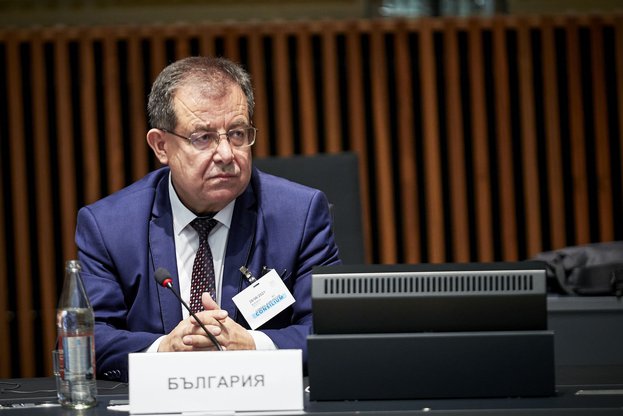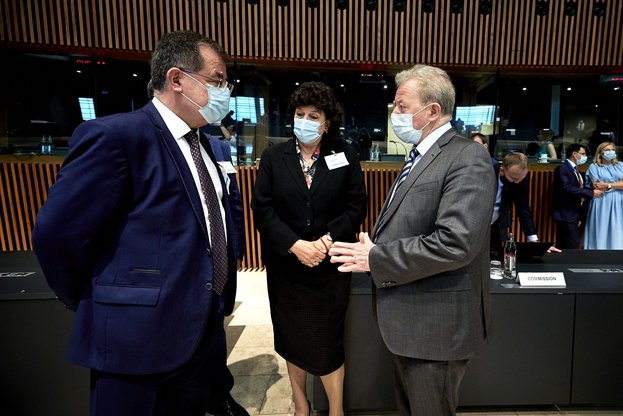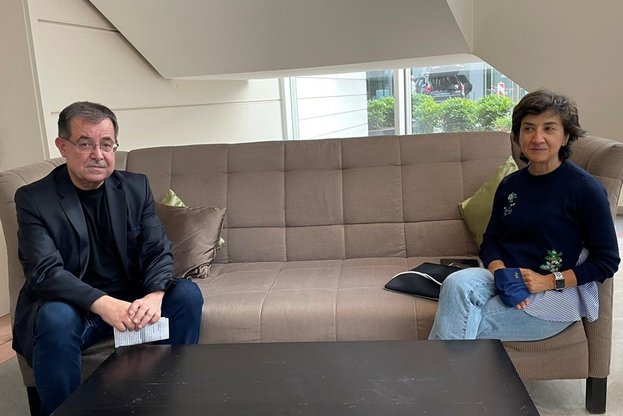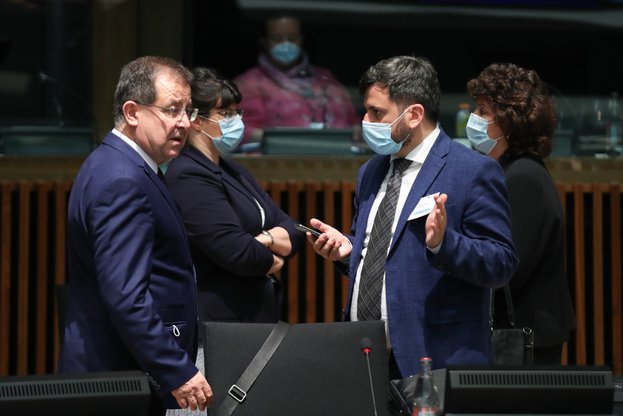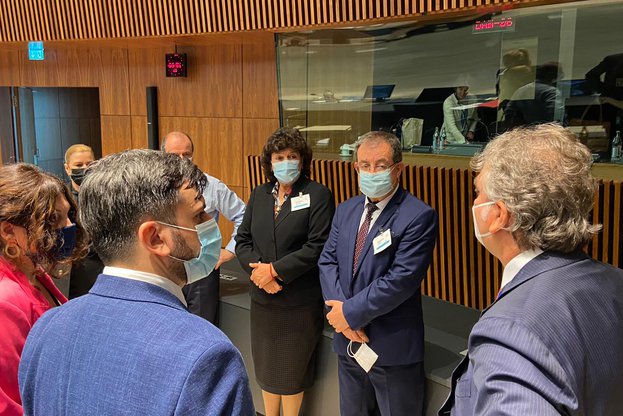Coupled support remains a key priority in the new Common Agricultural Policy for Bulgaria. Our country is satisfied with the compromise for the level of support of 13 + 2% reached. This was what the Minister of Agriculture, Food and Forestry Prof. Dr. Hristo Bozukov declared during a meeting of the EU Agriculture and Fisheries Council in Luxembourg.
Minister Bozukov expressed serious concern about the exclusion of table stock potatoes from the list of products eligible for coupled support. "It is extremely important for us to continue providing financial support for potato growers."
Bulgaria has prepared a declaration, supported by Romania, Slovakia and the Czech Republic for the maintenance of all available financial package tools for the potato growers that are of great importance and in line with the goals of the reform. It provides a better level of support for small and medium-sized producers, prevents the depopulation of areas with natural constraints, and helps to preserve nature from negative consequences for the environment and landscape. There is a very important social impact on many small farmers in remote rural areas.
Another very important priority for the country was to keep the transitional national aid. Bulgaria has achieved to continue the implementation of this type of support having the possibility to update the reference periods for decoupled schemes with a declining budget of 5% per year, starting from 2024.
Minister Bozukov pointed out that our country could show flexibility by accepting the allocation of 25% of direct payments for the eco-schemes. According to him, it is important to provide an appropriate tool to minimize the risk of non-absorption funds through the application of the so-called "lower limit" below where unused funds under eco-schemes can be redirected to another type of support for farmers.
Prof. Bozukov also added that in a spirit of compromise our country could support the use of 10% of the direct payments funds for redistribution, if the account of this percentage includes funds from other instruments such as ceilings and reductions in payments, as well as the scheme for small farmers. However, the combination of mandatory budgets in the different areas for redistribution of payments and for eco-schemes is important not lead to an excessive reduction of basic support for farmers.
Another compromise in favor of small producers has been reached on the possibility of excluding farms up to 10 hectares from the application of Good Agricultural and Ecological Standards (GAEC) 8 and 9 on crop diversification and the allocation of a minimum share of arable land for environmental purposes.
According to Minister Bozukov, social conditionality is a high priority or Bulgaria in the context of the protection of labor rights of all European citizens employed in the EU agricultural sector.
During the meeting, the ministers also discussed irrigation investments, the need to set a specific protection goal for honey bees regarding the risk of pesticide exposure. The delegations of the member states united around the idea of having a common specific goal for protection of honey bees for the whole EU.
Ministers have got acquainted with a note on the fur farming in the European Union prepared by Austria and the Netherlands, supported by Belgium, Germany, Luxembourg and Slovakia, The EC has been called upon to take appropriate action to end the breeding of animals for valuable fur in Europe. The note sets out reasons related to animal welfare, ethical considerations and public health risks associated with the COVID-19 pandemic. Bulgaria and a number of Member States have spoken out in support of this proposal. Bulgarian Minister of Agriculture informed his colleagues about the implementation of the COVID-19 Control and Monitoring Program in mink farms.
Minister Bozukov met with Eu Agriculture Commissioner Janusz Wojciechowski and Portuguese Minister for Agriculture Maria do Céu Antunes.
